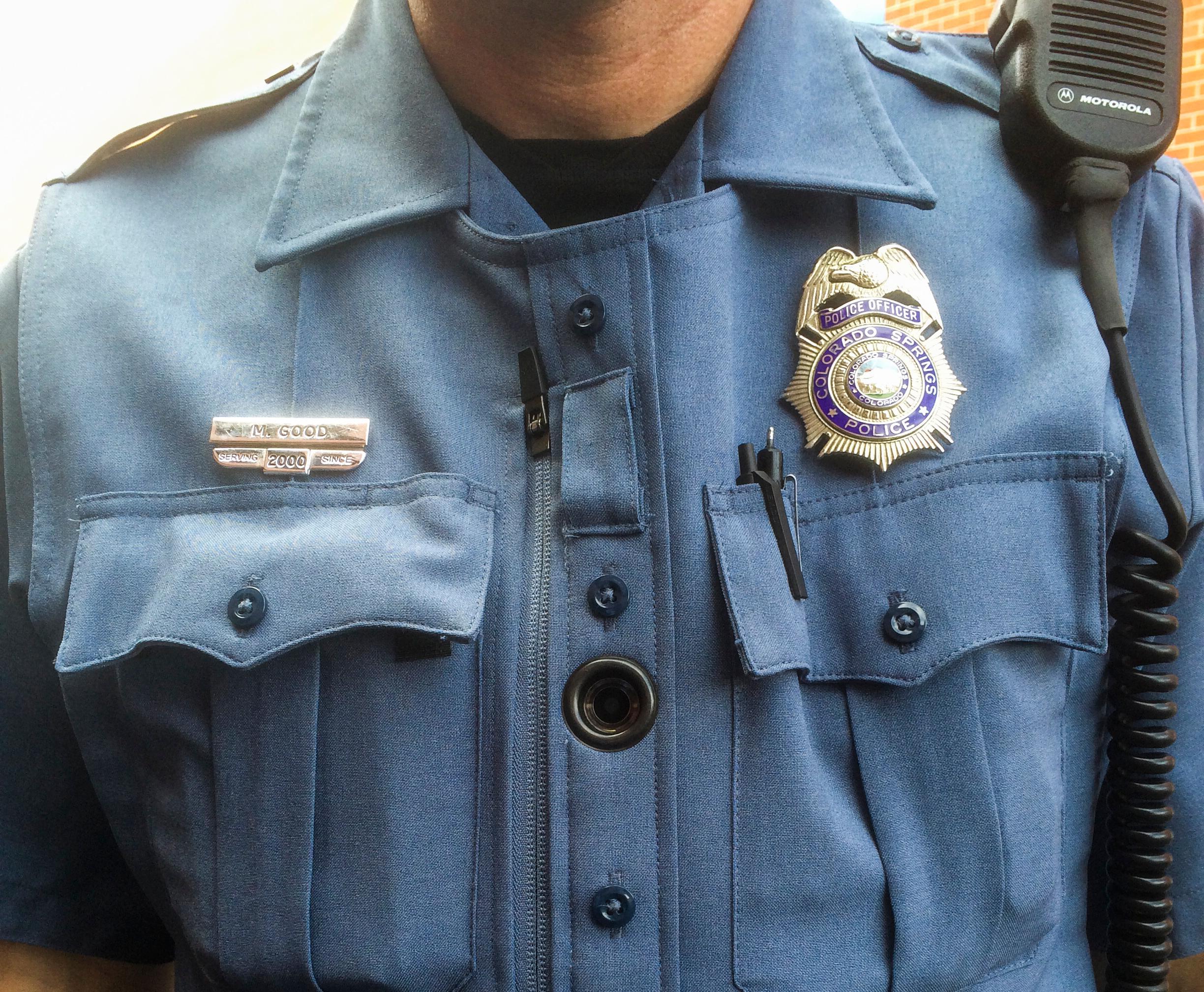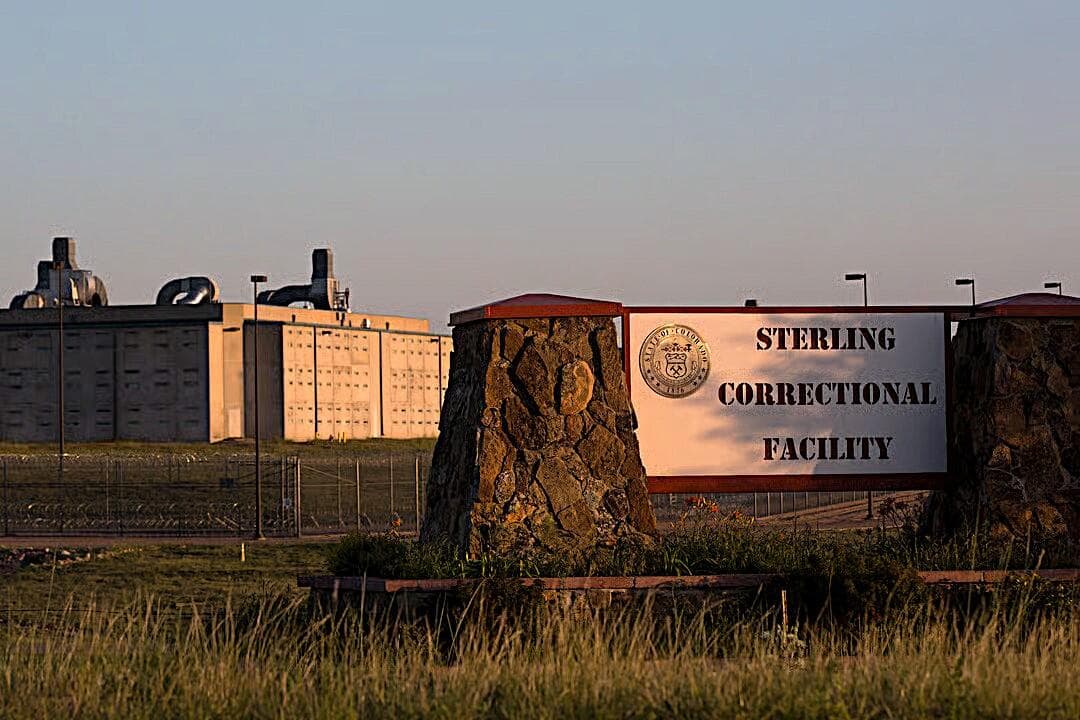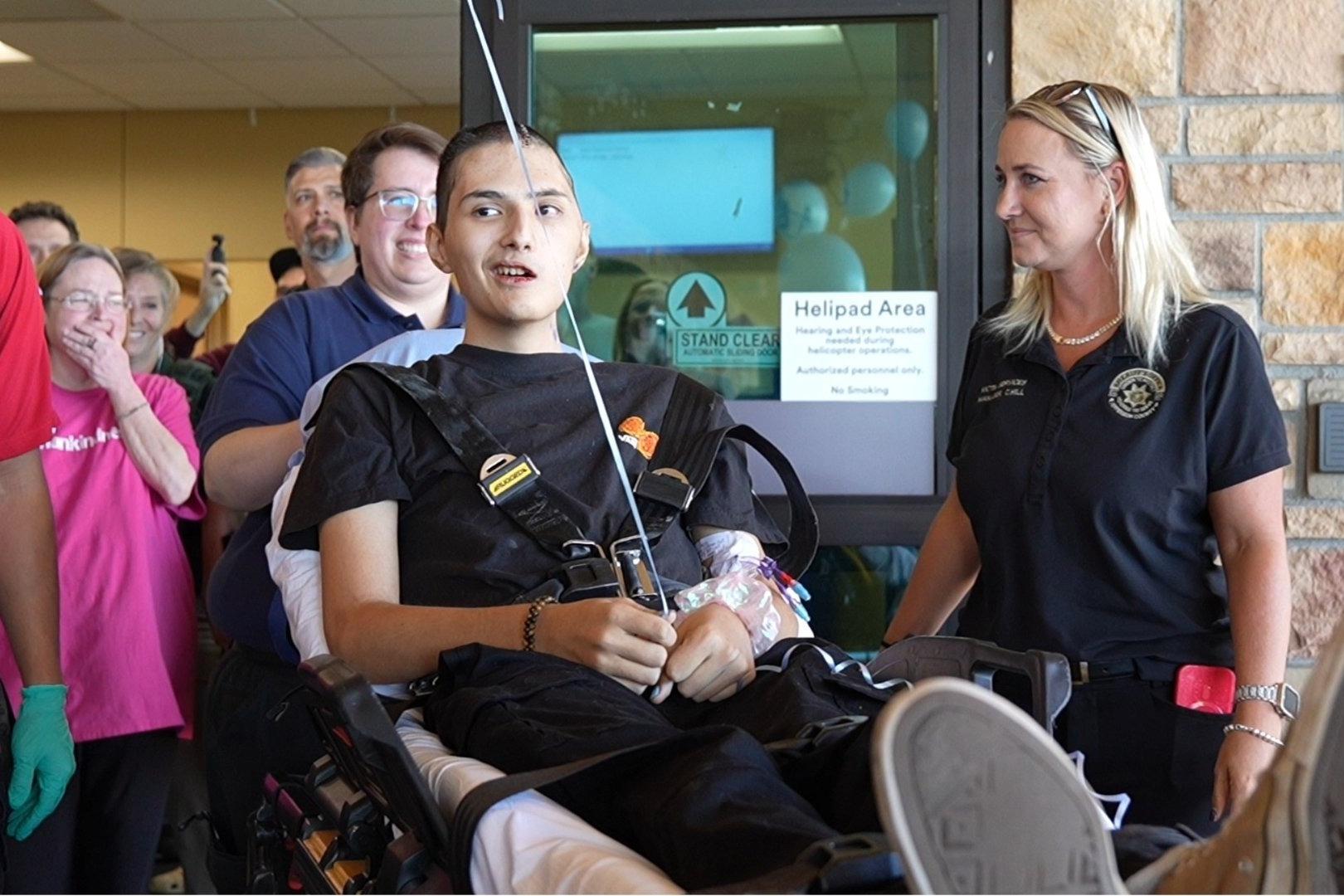
The Colorado Springs Police Department is set to buy a new virtual reality system to help train its officers in de-escalation techniques. CSPD has received funding from the Office of Community Oriented Policing Services (COPS), a component of the U.S. Department of Justice, and is currently seeking bids for the contract.
The move comes after a recent audit from the consulting group Transparency Matters that assessed the department’s use of force, though the police department said work to obtain the system started prior to, and independent of, the results of the report. The audit recommended that CSPD work to enhance transparency and reduce racial and ethnic disparities in its use of force, among other items.
Another takeaway was a gap in adequate use of force training for officers.
According to the report, “CSPD officers do not believe they are well trained to handle critical incidents involving the use of force.”
Officers also indicated that much of their training is “outdated, redundant, unrealistic, or simply not helpful.”
According to the city’s request for proposals (RFP), the department is seeking a system that will allow officers to experience real-world training through simulated reality. The department plans to use the technology multiple times a week.
JJ Frazier chairs the Law Enforcement Transparency and Advisory Commission (LETAC), a group tasked with helping to improve the relationship between the police department and the public. LETAC hasn’t come out with a formal position, but for her part, Frazier said she applauds the police department for seeking these virtual reality systems. She said it’s a good step forward, especially after seeing the Transparency Matters report.
“They did recommend that CSPD put more focus on de-escalation techniques during all police encounters,” she said.
The RFP says the department is looking for a system that will allow officers to proceed through a simulated scenario while a trainer controls the path of the situation based on the officer’s actions. Each scenario would be displayed on a monitor for trainees to watch and learn from the participating officer’s decisions.
The city said the system should simulate a range of possible scenarios including interactions with people who may be suicidal, under the influence of drugs or alcohol, or experiencing PTSD, among others.
CSPD will also work to set up community events for citizens to be active participants in VR training, according to the RFP. The goal is to allow people to witness the training from both the perspective of the officer and the perspective of a person in crisis.
Frazier praised this feature of the system, saying it will allow citizens to, “put themselves in the officer’s shoes,” and “provide them insight into the split-second decisions that officers sometimes have to make.”
Emphasizing again that this is not an official position of LETAC, Frazier said she is also curious about "any virtual scenarios that warrant the fatal shooting of an unarmed suspect multiple times while running in the opposite direction, and how that in particular poses a threat to officer safety. That’s what I’d like to see in this de-escalation training."
The city estimates that the system will cost up to $200,000, and bids are due by July 28.
LETAC is a commission formed in 2020 after national protests over the death of George Floyd and local incidents like the 2019 shooting death of De'Von Bailey by Colorado Springs police. It recently underwent a name change, switching from Law Enforcement Transparency and Accountability Commission to Law Enforcement Transparency and Advisory Commission to better reflect its mission.
Editor's note: This story has been updated for clarification purposes.









